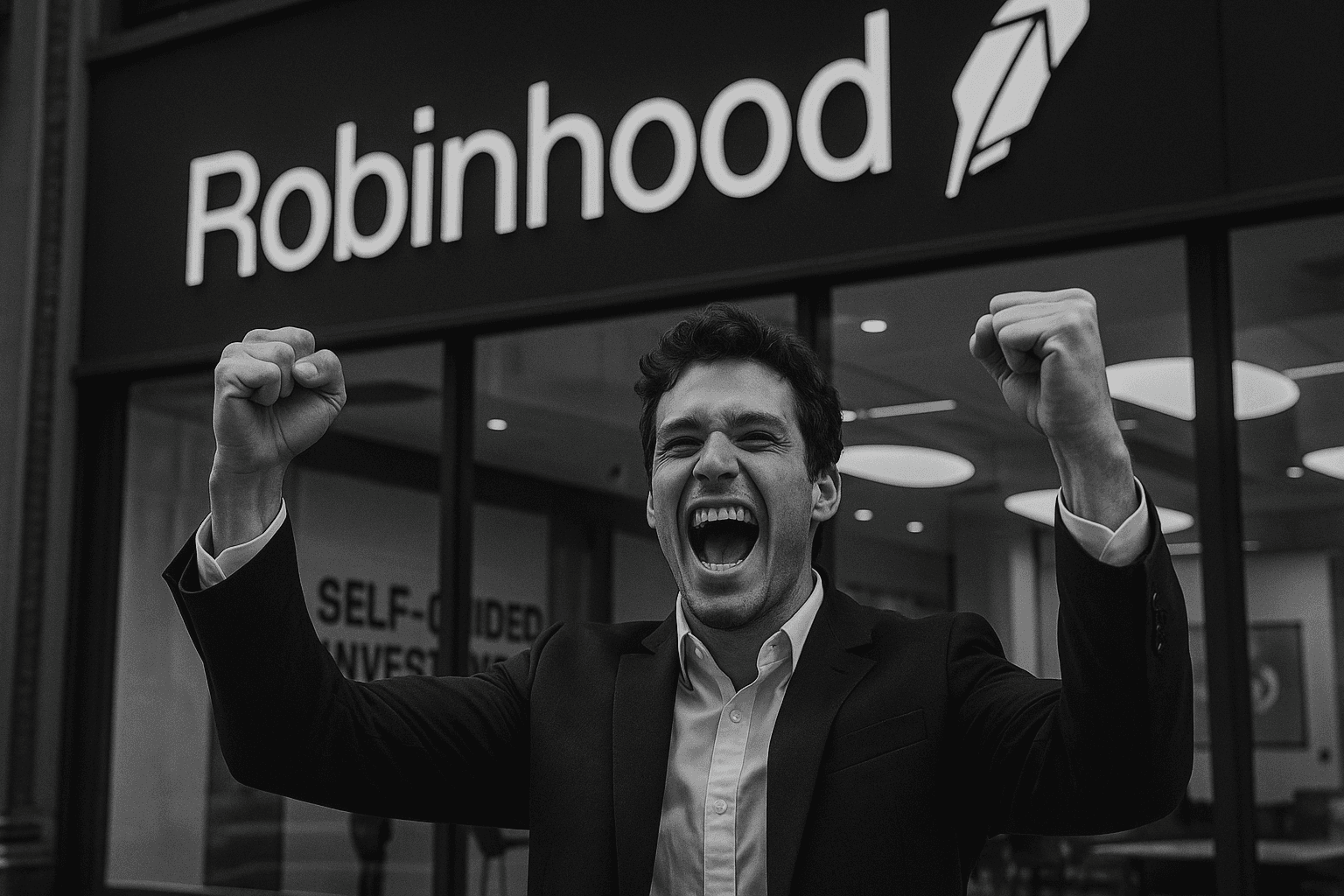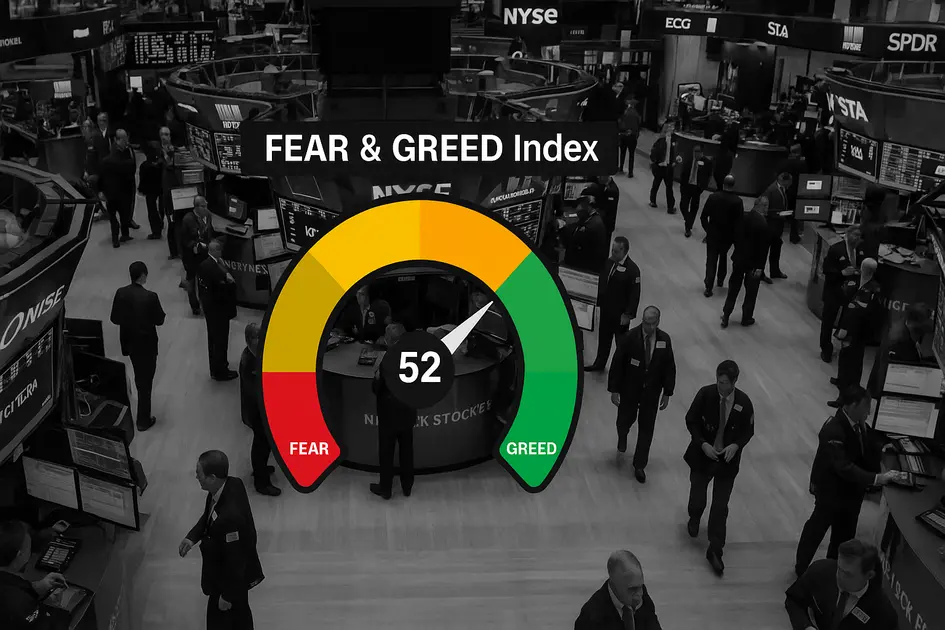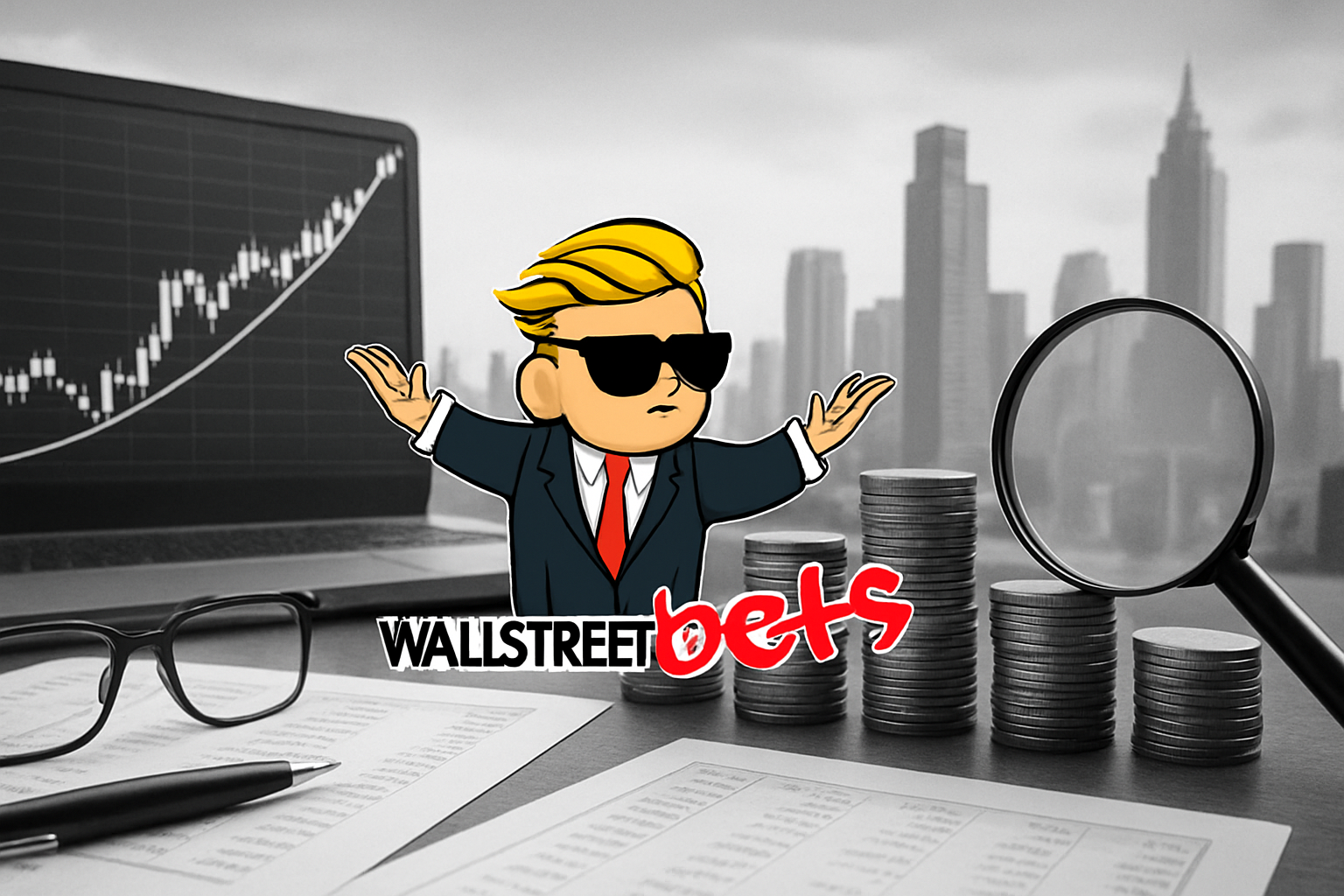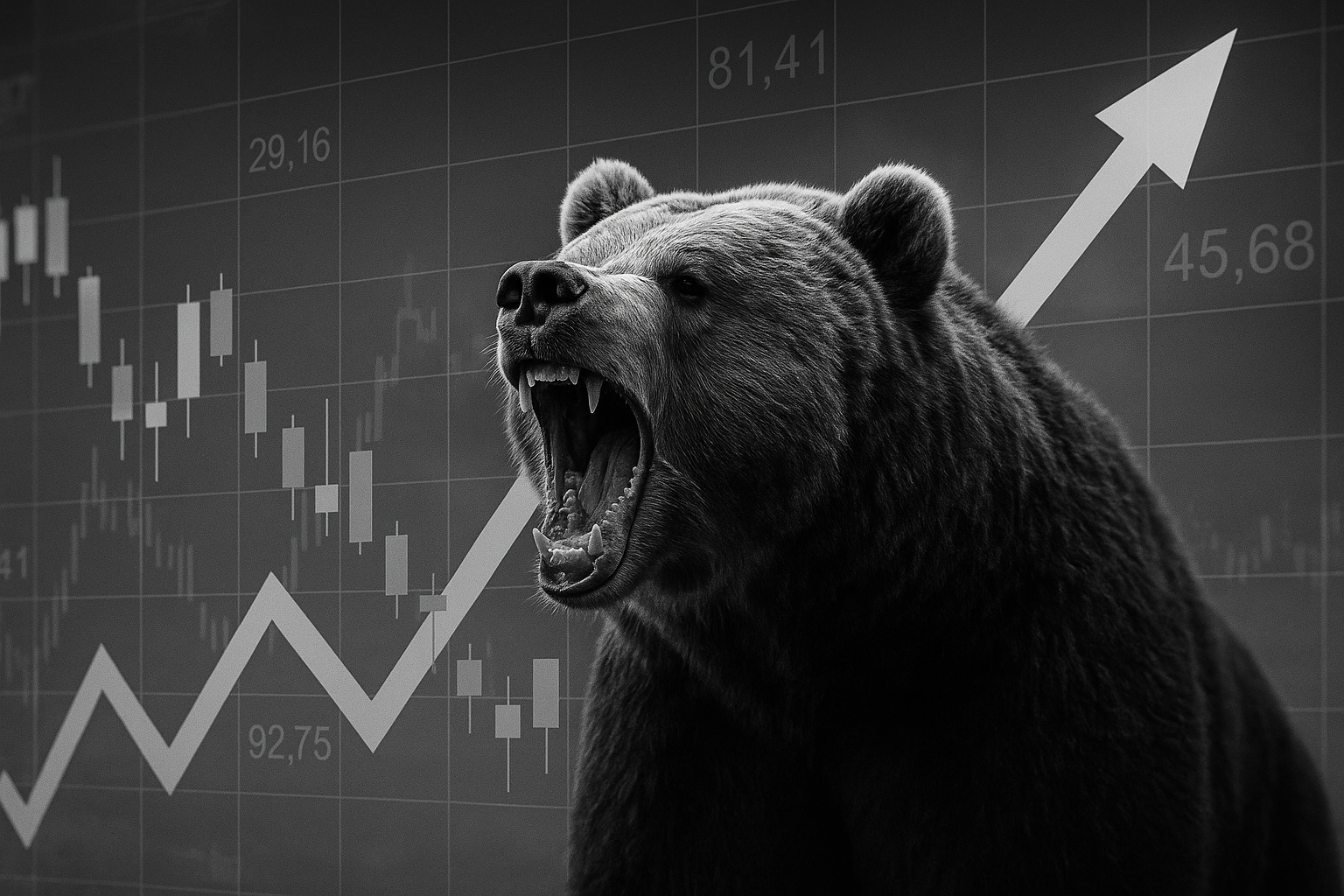Remember when Robinhood was the face of everything wrong with retail trading? When politicians were grilling CEO Vlad Tenev in Congress and everyone figured the company was finished after the GameStop mess? Even Portnoy took shots.
Yeah, about that. Robinhood stock is up 140% this year and just hit all-time highs near $98. The company everyone counted out isn’t just alive. It’s thriving and finding new ways to piss off Wall Street.
But this isn’t some random meme stock bounce. Let’s break down what’s actually behind the comeback. Spoiler: it’s not just bored day traders buying the dip.
The Numbers That Actually Matter
While everyone was busy writing Robinhood off, they were quietly building an actual business. Gold subscription numbers have doubled, with over 2.6 million paying users. That’s recurring revenue, not just scraps from degenerates piling into leveraged options.
Assets under custody are climbing. Net deposits are strong. And they’re expanding past the “training wheels” app for college traders. They’ve rolled out credit cards, retirement accounts, and are basically trying to become the go-to finance app for people who can’t stand traditional banks.
The growth is real. Controversy or not, people keep signing up. More importantly, they’re paying. When your subscription business doubles while everyone assumes you’re dead, that’s not luck. That’s execution.
The Tokenized Stocks Gamble That Could Change Everything
This is where Robinhood either looks like a genius or ends up in a cage match with regulators. They just launched tokenized stocks in the EU. These are blockchain-based versions of real stocks that let users trade over 200 U.S. companies and ETFs.
They’re even offering tokens tied to private companies like OpenAI and SpaceX. You can’t trade them yet, but the idea is that one day, regular investors could get exposure to big private names without needing accreditation or millions in the bank.
OpenAI immediately tried to kill the vibe, saying these tokens “do not represent actual equity in the company.” The Bank of Lithuania is already asking if this is even legal.
Classic Robinhood. Build first, ask permission later.
This could be the future of how retail taps into private markets. Or it could be a regulatory disaster. Probably both.
The Crypto Play Nobody Saw Coming
Robinhood just bought Bitstamp, one of the oldest global crypto exchanges. It didn’t make headlines like their tokenized stocks did, but it might be the bigger move.
The deal gives them over 50 active licenses around the world and real infrastructure for institutional crypto. This isn’t about adding another trading feature. It’s about scaling beyond retail.
With Bitcoin hitting new highs and crypto going mainstream again, Robinhood is now positioned to compete with Coinbase for serious clients. Not just individual traders, but funds and firms.
This pushes Robinhood from a U.S. brokerage into a global platform. Not revolutionary, but a calculated move with long-term upside.
Why Wall Street Still Hates Them (And Why That's Bullish)
The S&P 500 snub says everything about how the establishment still sees Robinhood. They hit the financial criteria for inclusion, but got left out of the June rebalancing anyway. The stock dropped 3% on the news. Investors wanted that stamp of approval.
But maybe being ignored is the whole point. Robinhood built its brand on flipping off the old system. The more Wall Street treats them like outsiders, the more their users lean in.
Traditional brokerages charge fees, set account minimums, and make you call some guy named Brad to place a trade. Robinhood lets you buy fractional Tesla shares from your phone while taking a dump.
Guess which one younger investors are picking.
The Regulatory Tightrope Walk
CEO Vlad Tenev thinks they can bring tokenized equities to the U.S. and U.K. without new legislation. That's either optimistic or delusional, depending on how cynical you are about regulators.
The regulatory environment is actually improving for Robinhood. The current administration is more crypto-friendly, and there's less political pressure to crush retail trading platforms. The congressional hearings feel like ancient history now.
But the tokenized private company stocks are walking into a regulatory buzzsaw. The SEC doesn't love when retail investors get access to private markets, and they definitely don't love when it happens through blockchain tokens they can't easily regulate.
The Investment Thesis
Bull Case: Robinhood successfully diversifies beyond trading fees, their international expansion via Bitstamp pays off, and tokenized stocks become the future of retail investing. The subscription business continues growing, and they eventually get that S&P 500 inclusion.
Bear Case: Regulators shut down the tokenized stocks experiment, crypto crashes and takes their international expansion with it, and competitors like Schwab and Fidelity offer enough free trading to eliminate Robinhood's competitive advantage.
Reality Check: Robinhood isn't going anywhere. They've got 24 million users, a growing subscription business, and they're expanding internationally while competitors are still figuring out mobile apps.
The Bottom Line
This isn’t the same company that almost collapsed during the GameStop squeeze. They’ve diversified revenue, gone international, and are building products that traditional brokerages either can’t build or refuse to try.
The 140% move in the stock isn’t just hype. It’s the market finally recognizing that Robinhood didn’t die. They evolved. They’re not just a meme stock app anymore. They’re turning into a legit financial platform that still annoys Wall Street at every turn.
Whether the tokenized stock play works or not doesn’t really matter. Robinhood is showing they’re willing to build while everyone else stays safe and stale.
Most financial apps are boring. This one isn’t. That alone has value.
Position sizing still matters. This is a volatile growth stock that could get crushed by regulation or a crypto rug. But if you think the future of finance is mobile, global, and includes crypto, this is one of the few companies building for it.
Wall Street might never respect them. That doesn’t mean you can’t make money ignoring them.





